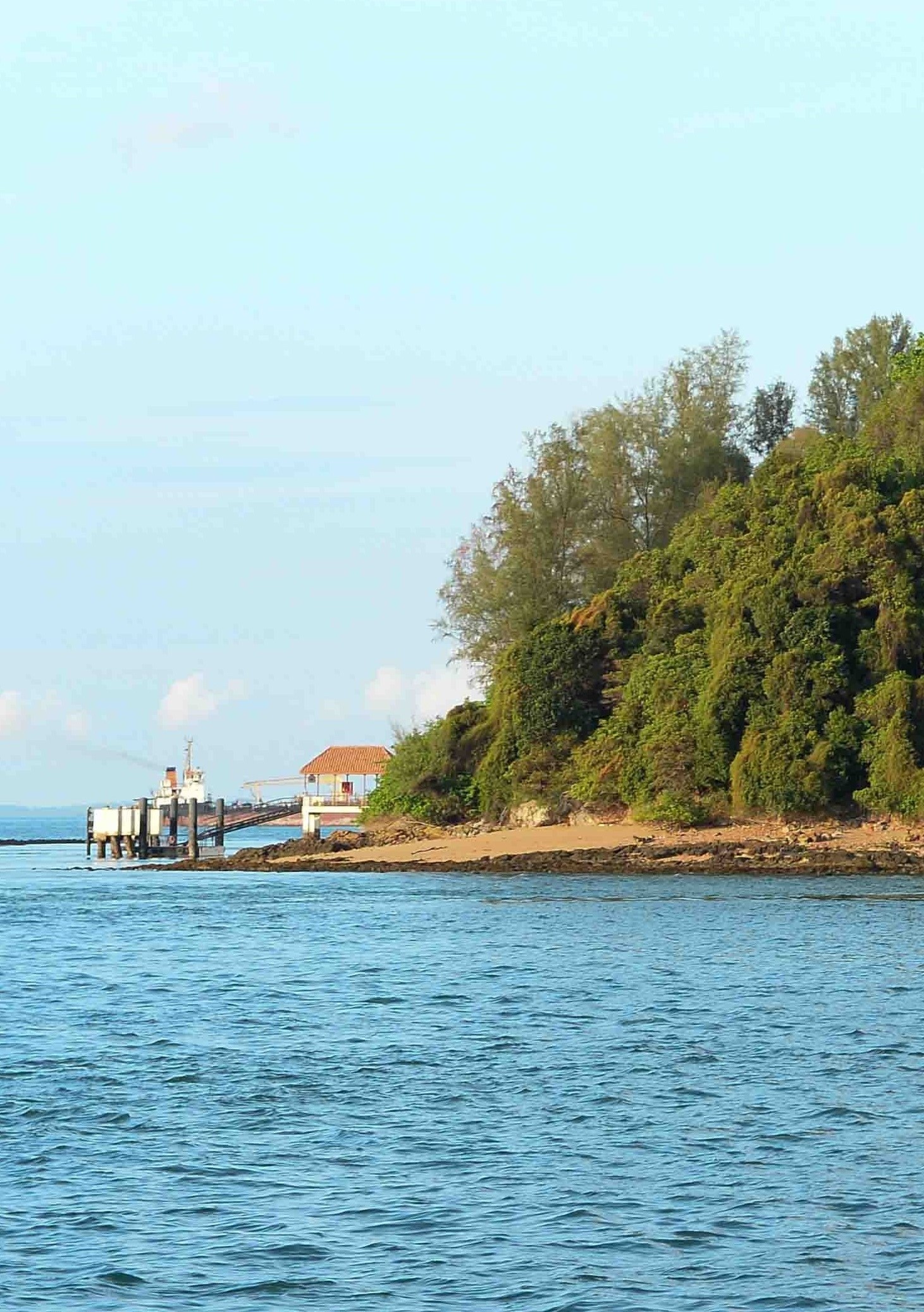About
The Problem
In 2019, the Singapore government unveiled the "30 by 30" goal – to have 30% of Singapore’s nutritional needs be locally produced by 2030 (Ministry of Sustainability and the Environment, 2021). According to the Health Promotion Board, Singapore's nutritional needs comprise 50% fruits and vegetables, 25% proteins, and 25% staples (Haziq, 2019). The target is to produce 20% of these fruit and vegetables, as well as 10% of these proteins – from sources like meat and fish – locally. As of date, Singapore produces less than 10% of its nutritional needs.
Annually, Singaporeans consume more vegetables, by weight, than chicken, pork, and seafood combined (Singapore Food Agency, 2020). Just last year, we consumed 558,068 tonnes of vegetables. Of that amount, only 27,793 tonnes were of local produce - that is under 5% of our total consumption.
To meet the "30 by 30" goal, that means we need to increase the production of vegetables by at least three folds in 9 years. This is without factoring in other food categories.
Exacerbating our food problem is a land crunch that we have been experiencing since our independence, and the competition for land has only grown stronger in Singapore across the years to cater to industrial, commercial, and residential needs. Today, less than 1% of Singapore’s land is used for agriculture.
The opportunity
In view of these challenges, we have decided to develop alternative agricultural techniques that could circumvent Singapore's limited land use.
so, how is it effective in addressing the problem?

circumventing singapore's land scarcity
Project OBO mitigates the mammoth challenge of land scarcity faced by local farming businesses by harnessing water bodies, instead of valuable land, for underwater farming.
Compounding on this, the innovative practices and methodology of Project OBO maximises the overall crop yield that can be extracted out of a smaller space.
Furthermore, having been constructed to model after terrarariums, each dome functions as their own closed ecosystems and therefore consume minimal electricity and water.
Raising awareness on local agriculture
The modern consumer of this day and age votes, and evokes change, by deciding where they put their interest, attention, and money.
Therefore, Project OBO's interactive prototype and virtual exhibition seeks to educate the general public on both our farming methodology by showcasing the workings of our prototype, whilst also highlighting the challenges that are faced by the local industry.
This would address public concerns regarding the safety of Project OBO, whilst also fostering greater awareness regarding the innovtions within the local agricultural sphere, through means of public education, and being transparent with our pracices.
